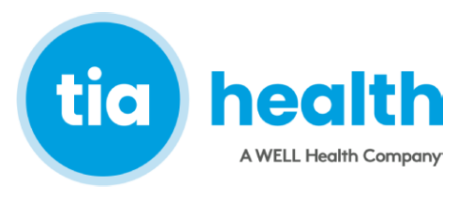HealthScreening Ontario applies to adults aged 18 years and older with no known chronic disease or symptoms, and no personal diagnosis or family history of genetic disorders. Your profile which will be created based on your answers to our questionnaire will determine which medical screening tests you should consider. Be aware certain tests will require an informed consent from a health care provider prior to being prescribed. Your profile remains confidential but you may choose to print it, and/or to share it with your health care provider. Visit ontario.ca for recommendations regarding vaccination, sexually transmitted and blood-borne infections screening, mental health, alcohol or substance use issues. (not addressed by healthscreeningontario.ca) The HealthScreening Ontario software platform is intended for general informational purposes only, and does not provide medical diagnosis, treatment, or prescriptions.

If you don’t have a healthcare provider or would like to consult one, you can book a telemedicine consultation with TiaHealth. This service is free with a valid provincial health plan in Alberta, Ontario, and British Columbia. Select the “general” option when booking. You will have the opportunity to upload your report on the last page of the questionnaire presented after booking. Please ensure this is fully completed otherwise your appointment may be cancelled.
How does it work?
HealthScreening Ontario determines which screening tests listed below should be considered based on personal information and family history provided.
Other tests may be considered based on an individualized assessment by a healthcare professional.
Cancer screening:
- Colorectal cancer
- Lung cancer
- Breast cancer
- Cervical cancer
- Prostate cancer
(no population-based screening program)
Osteoporosis screening
Screening tests to prevent heart attacks and strokes:
- Hypertension
- Cholesterol
- Diabetes
Screening for abdominal aortic aneurysms
Visit Ontariohealth.ca, the screening and carrier test section to learn more about tests, their descriptions, eligibility, screening methods, as well as the advantages, disadvantages and limitations of screening tests.
The most important lifestyle habits to prevent cancer, heart attacks and strokes are:
- A healthy diet rich in vegetables, fruits and whole grains, and low in saturated animal fats
- Regular physical exercise, ideally 30 minutes a day or 40 minutes 4 times a week, and some weight training
- Maintaining a healthy weight and ideal body mass index (BMI). If you are overweight, even if you do not reach the ideal BMI, simply losing a few pounds and maintaining it will have a positive effect on your health.
- Smoking is the most harmful risk factor overall for cancers, heart attacks and strokes. You should never start smoking, and if you do, you should stop as soon as possible!
- Limiting alcohol consumption to no more than 2 drinks per week, and minimizing exposure to UV rays from the sun.



